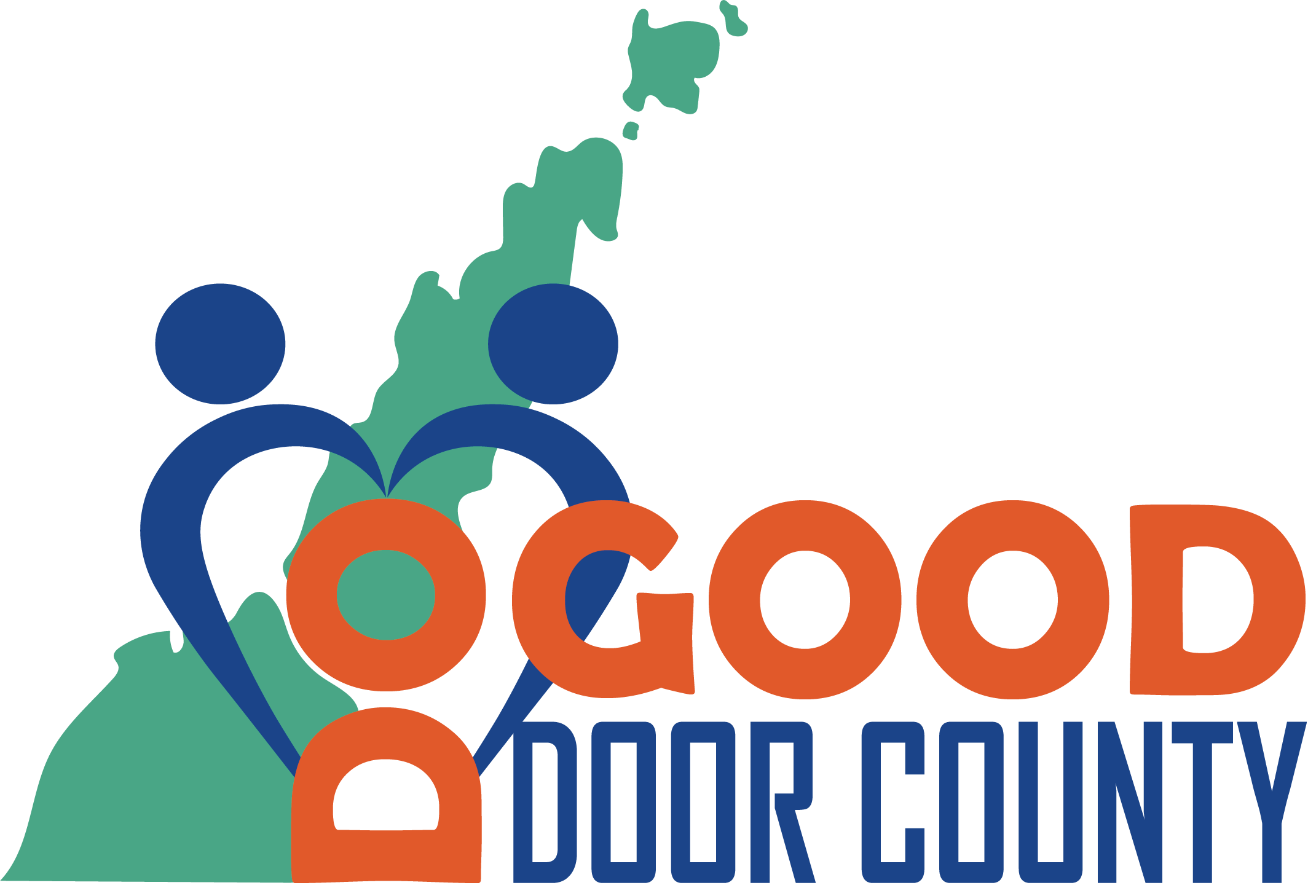Life is a journey, and along the way, we go through some really big changes. Some of these changes are happy, like when a new baby is born, and others are sad, like when someone’s life is coming to an end. But in both these moments, there are special people called doulas who are there to help. As someone who has been in the health care arena for many years, I have always been impressed by doulas and how they play a crucial role at the beginning and end of life.
What is a Doula?
A doula is a trained professional who offers emotional, physical, and informational support to individuals and their families during significant life transitions. The word “doula” originates from ancient Greek, meaning “a woman who serves.” Doulas are not medical practitioners but serve as companions and advocates, helping individuals navigate life’s critical passages with empathy and compassion.
At the beginning of life, birth doulas are familiar figures in maternity wards and birthing centers. They provide continuous support to expectant parents before, during, and after childbirth. Their role includes:
- Emotional support: Offering reassurance, encouragement, and a calming presence.
- Physical support: Providing comfort measures such as massage, positioning suggestions, and comfort techniques.
- Advocacy: Ensuring that the birthing person’s preferences and choices are respected.
- Information: Educating parents about the birthing process and available options.
Postpartum doulas assist new parents in the initial weeks following childbirth. Their support includes:
- Helping with newborn care: Feeding, diapering, and soothing.
- Providing emotional support: Addressing the emotional challenges that often accompany the postpartum period.
- Household support: Assisting with light housework, meal preparation, and errands.
- Educating parents: Offering guidance on newborn care, breastfeeding, and self-care.

As life nears its natural conclusion, end-of-life doulas step in to provide comfort, guidance, and companionship to individuals and their families. These doulas are often called “death doulas” or “soul midwives.” Their primary focus is on:
- Emotional and spiritual support: Helping individuals navigate the emotional and existential aspects of the dying process.
- Legacy work: Assisting in recording memories, creating meaningful rituals, and facilitating closure.
- Vigil presence: Being there for the person and their loved ones during the dying process, offering a calming and reassuring presence.
- End-of-life planning: Helping a individual make informed choices about their care, including advance care directives and funeral arrangements.
End-of-life doulas fill a critical gap in our healthcare system. They offer a holistic approach to end-of-life care that complements medical treatment. Their presence eases the emotional burdens that come with facing mortality and empowers individuals to make decisions that align with their values and desires.
Doulas are the unsung heroes of life’s most significant transitions, providing unwavering support and compassion from the beginning to the end of life. While birth doulas guide us into this world with gentle care, end-of-life doulas help us navigate our final journey with dignity and grace.

